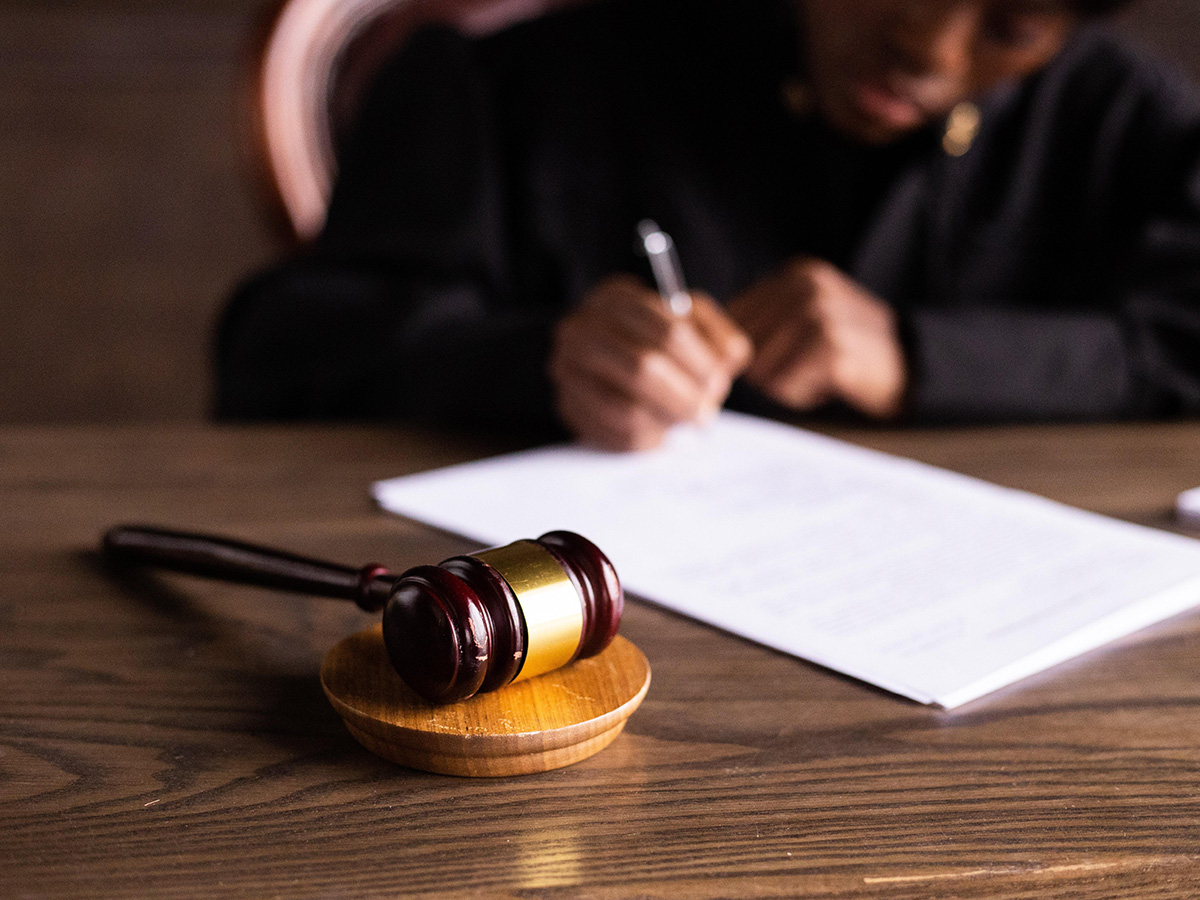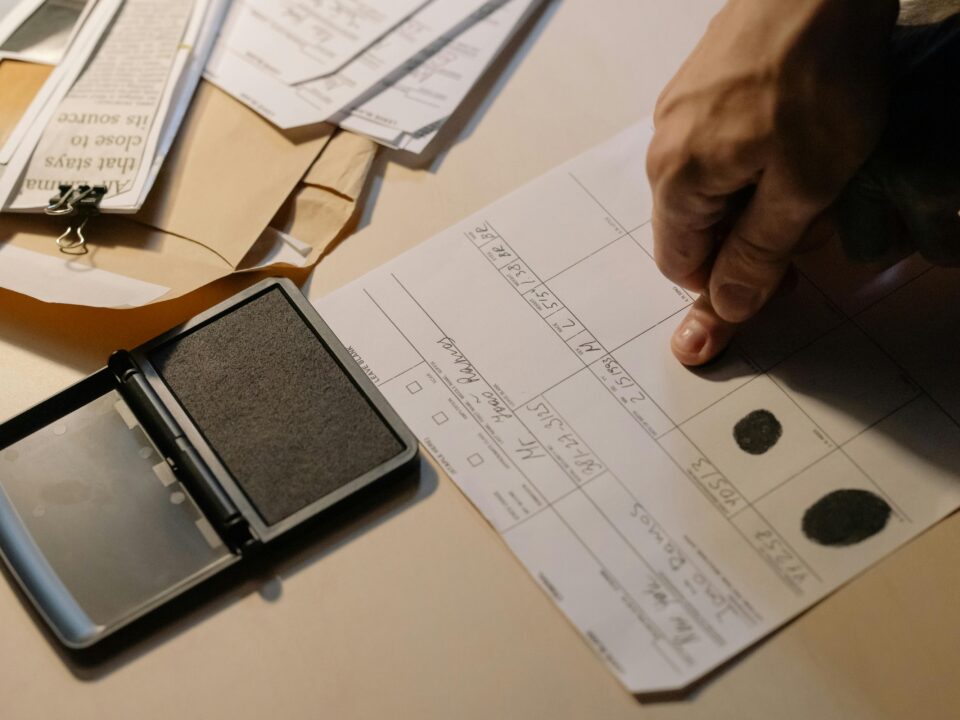
Vermont Legislature Considers Expanding Paid Leave

Primmer Piper Eggleston & Cramer Named as Best Place to Work 2023
Being sued in small claims court may be a minor inconvenience or a major annoyance. Here are five mistakes to avoid when you are named in a small claims case:
1. Not Reading The Complaint
Typically, the first notice that you will receive about a small claims case is a document called a “complaint” that lays out the other party’s claims against you. This document might be sent by the other party directly or it might be sent by the court. Regardless, it is critical to read the complaint as it tells you who the other party is, what they are claiming you did wrong, and what they are trying to recover from you.
2. Not Responding To The Complaint
The complaint will also tell you the date that you need to respond. This date may be called an “answer date” or a “return date,” but regardless of what it is called, it is critical to respond to the complaint in a timely manner. Your response will generally be a document filed with the court called an “answer” or “response to small claims complaint.” If you are not certain what document to file in response to the complaint, calling the court listed on the complaint to ask for guidance is often a good idea.
3. Not Notifying Your Insurance Companies
Many people have a number of insurance policies in place at any one time. These policies can include car insurance, homeowner’s insurance, business owner’s insurance, and possibly other types of insurance. It is important to notify your insurance companies either directly or through your insurance agent as soon as you receive a small claims complaint. Just because the case is in small claims court does not mean that your insurance will not cover it. You may be entitled to have an attorney retained by your insurance company to represent you and have your insurance company pay all or part of any settlement or judgment. The only way to know is to notify the companies providing you with insurance coverage as soon as possible.
4. Not Keeping Track Of Dates Received From The Court
After you have responded to a small claims complaint, the court will typically provide you with more dates where events in the case will take place. These events may be a pretrial hearing, mediation, and/or trial. It is crucial to keep track of these dates and understand what is required of you during each event. Failing to appear for an event could result in your losing the case without having an opportunity to tell your side of the story.
5. Not Preparing For Trial
The final stage of a small claims case is trial. Trial is your opportunity to explain to the court what happened and why you believe that you are not responsible for the damages that the opposing party claims to be owed. The opposing party will also have an opportunity to tell his or her story. Preparing for trial is critical as trial is your opportunity to provide the court with the information that it needs to decide the case. This information could include documents, photographs, and/or testimony from witnesses. You will often be required to disclose to the court and the opposing party what information you intend to present at trial before trial begins. Reading everything that you receive from the court will tell you when and how to disclose this information. At trial, you will have an opportunity to explain your side of the story and question the opposing party and any witnesses. Preparation is key to telling your story in a clear and credible manner.




